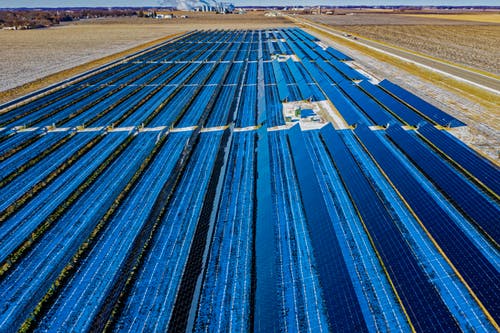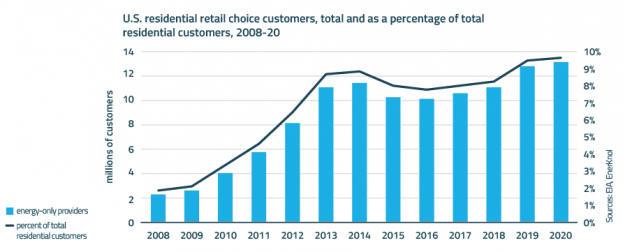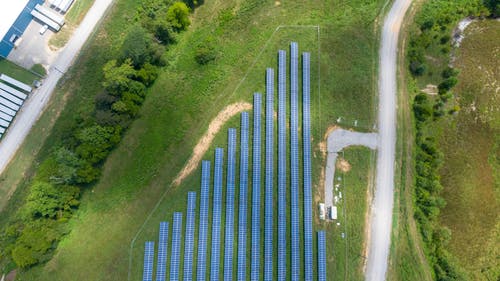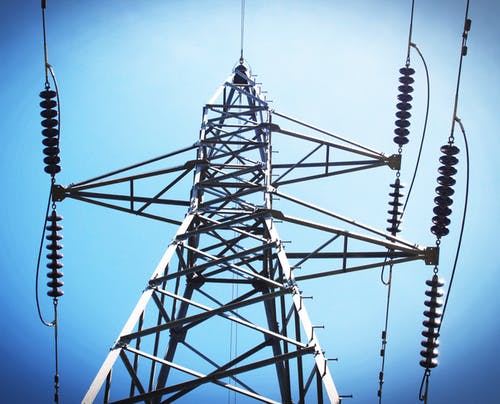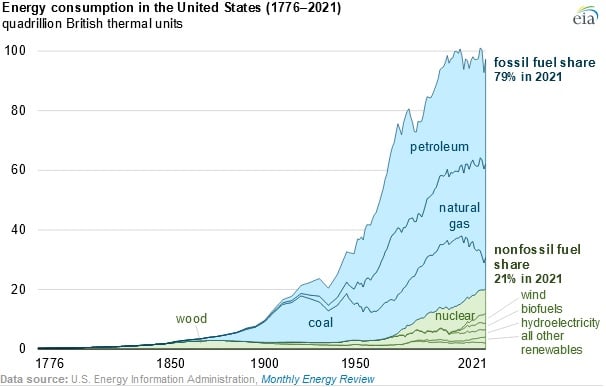Iowa Board Approves 200 Megawatts of Solar Projects
The Iowa Utilities Board on July 26 granted certificates for Duane Arnold Solar Projects, pending approval from the Linn County Board of Supervisors. The certificates authorize Duane Arnold Solar LLC and Duane Arnold Solar II LLC to use a public resource within an area. On the back of this, the project proposes to use photovoltaic…...
